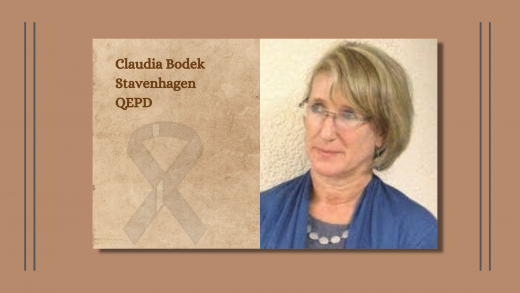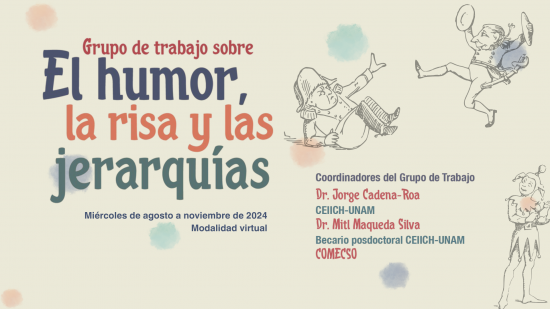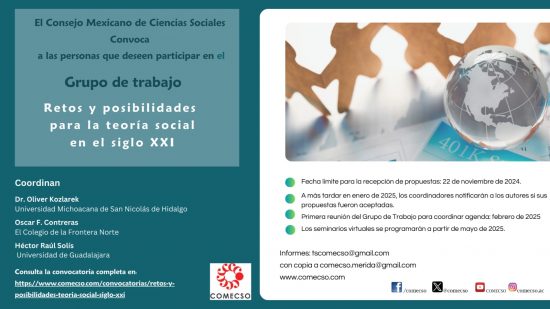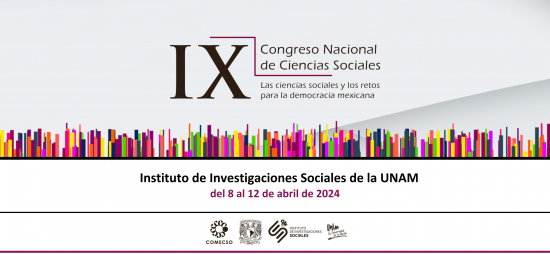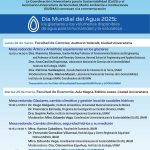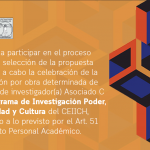Revisiting the Riot: Theory in Action Special Issue
Call for papers
Revisiting the Riot:
A Theory in Action Special Issue to Mark the 10th Anniversary of AK Thompson’s Black Bloc, White Riot
About the Special Issue:
Published a decade after the 1999 “Battle of Seattle,” AK Thompson’s Black Bloc, White Riot explored the connection between political subjectivity and violence. By engaging with the movement’s internal contradictions and conflicts, taking up its classed, gendered, and racialized dynamics as points for exploring the role of violence in politics, it remains a challenging intervention into the movement’s voluminous ‘post-mortem’ literature.
Nearly ten years after its publication, Black Bloc, White Riot seems increasingly prescient. From the street fights of Tahir Square to the evictions of the Occupy encampments, from the direct action of Black Lives Matter and Abolish-ICE activists to confrontations with a resurgent far-right, the need to examine the role of violence in modern protest movements is great. And while the recent return of black bloc tactics and street-level political violence has (re)produced many of the same old debates, there also appears to be a new, pragmatic openness to questions regarding the role of violence in political transformation.
This peer-reviewed special issue of Theory In Action invites theoretical and empirical contributions that reflect upon the themes introduced in Black Bloc, White Riot while engaging with the book’s analytical and theoretical contributions and their ongoing relevance to contemporary movement debates. We welcome examinations of individual movements, comparative analyses of contemporary movements, or of movements ‘then and now,’ as well as theoretical contributions that aim to evaluate the book’s central themes.
Contributors may wish to engage with the specific thematic suggestions below; however, we are interested in all submissions that consider how Black Bloc, White Riot can inform the work of today’s movement scholars and activists.
Submission Guidelines:
Manuscripts should be between 4000-7000 words and include: an abstract of 150-200 words, three to five keywords, author bio, titles, affiliations, and author contact information. Deadline for all submissions is SEPTEMBER 15, 2019. Please send submissions to the guest editor at: BBWRsubmissions@gmail.com
Guest Editor:
E. Colin Ruggero
Community College of Philadelphia
BBWRsubmissions@gmail.com
THEMATIC SUGGESTIONS FOR CONTRIBUTORS:
Activist Identities and Representational Politics
In Black Bloc, White Riot, Thompson examined state and media representations of anti-globalization activists between 1999 and 2001. State representations of dissidents as security threats justified actions including the extension of “anti-terror” legislation. While activists challenged these representations, Thompson argued that they confronted difficulty recognizing their own “imbrication in the representational sphere,” and thus ended up “silently adopting the conceptual relevancies of their opponents” (44). Questions related to this theme include, but are not limited to:
- Who is an ‘activist?’ How have movements’ growing attention and sensitivity to their own classed, racialized, and gendered dynamics changed the way in which individuals and groups conceptualize an “activist” identity? How have these developments altered the conceptual boundaries of ‘activism’ over the past decade?
- What is the meaning of an “activist” identity in a contemporary context where a seemingly endless array of actions and practices, including the testimony of a former FBI director, is represented as “resistance?”
- How has the media’s conceptualization of ‘the activist’ changed in recent years?
Direct Action as Pedagogy
Thompson argued for a recognition of the pedagogical potential of direct action to demystify the world, “impelling conditions that require actively uncovering how social relations are put together, and by forcing ourselves to enter more fully into the concrete details of social relations” (62). However, this potential was undermined by residual commitments to “idealist thinking,” for example, the tendency to “measure an action’s success not on the basis of what it concretely produced but on the basis of what it was thought to mean” (26). In response, Thompson argued that activists needed to develop a “reliable knowledge of the social through productive and pedagogical confrontations” while transposing this knowledge into “an effective means of communication that does not abide by the epistemic conventions of our enemies” (76). Questions related to this theme include, but are not limited to:
- What does “productive and pedagogical confrontation” look like in the present? What examples have been observed in recent movements?
- Internally, how do contemporary movements wrestle with the use of direct action? How do they navigate the tension between the productive potential of confrontation and the possible pitfalls of concern for its ‘meaning?’
Violence and Non-Violence
A core theoretical contribution of Black Bloc, White Riot is its examination of the ontology of violence in relation to the tension between representation and production in political struggle. For Thompson, violence is not a refraction of or supplement to politics; rather, it is both “the precondition to politics and the premise upon which it rests” (23). Questions related to this theme include, but are not limited to:
- What does the return of black bloc tactics and street-level political violence suggest about the ways in which contemporary movements are wrestling internally with the question and meaning of both “violence” and “non-violence?”
- How have changes in the policing and repression of movements shifted the ontological landscape upon which we engage with the meaning of “violence?”
- How has the relationship between “violence” and “the spectacular” changed with respect to protest and demonstrations?
The Endless Present and Social Movement Temporalities
This special issue comes a decade after the publication of Black Bloc, White Riot, and almost two decades after the events documented in the book. Yet, as Thompson wrote in 2010, “we are still in the endless present,” and it is as true now as it was then (154). Confronted by a “demobilizing wall of uncertainty,” our sense of connection to the future is likewise ‘endlessly’ tenuous and fraught (154). Simultaneously, our connection to the past becomes ever more mystified as our ability to make sense of the links between then and now are muddied by the transmuting power of the (re)signification of past events. Still, the idea of ‘movement’ of any kind necessarily implies the passage of time. Questions of strategy and tactics always involve considerations of the temporal linking of action and consequence, of sequence and rupture. Questions related to this theme include, but are not limited to:
- What might changing attitudes toward black bloc tactics suggest about the temporal frameworks within which activists interpret their own actions and choices as potential for rupture?
- How has the ‘eventfulness’ of protest and direct action changed in recent years? For example, would the ‘Battle for Seattle’ manifest the same ‘eventfulness’ in today’s world?
- How do older and newer movements compare in terms of their understanding of the links between the past, present, and future?
About the Journal
Theory in Action is the leading fully-independent journal of critical thought. TiA is an interdisciplinary, peer- reviewed journal, whose scope ranges from the local to the global. Its aim is to provide a forum for the exchange of ideas and the discussion of current research (qualitative and quantitative) on the interconnections between theory and action aimed at promoting social justice broadly defined.
Te puede interesar

Publicaciones del COMECSO
Roberto Holguín Carrillo - Ene 08, 2025Este espacio reúne la gran mayoría de la producción editorial de nuestra asociación. A lo largo de casi cinco décadas,…
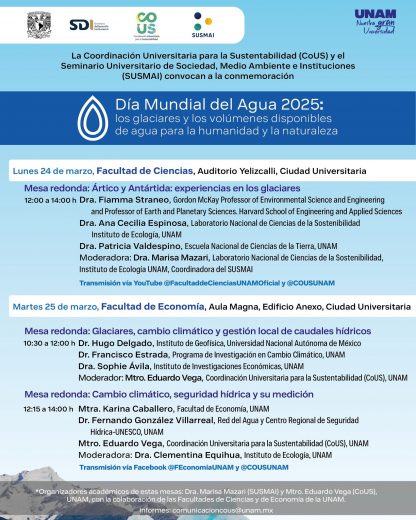
Día Mundial del Agua 2025
Laura Gutiérrez - Mar 18, 2025La Coordinación Universitaria para la sustentabilidad (CoUS) y el Seminario Universitario de Sociedad, Medio Ambiente e Instituciones (SUSMAI) convocan a…
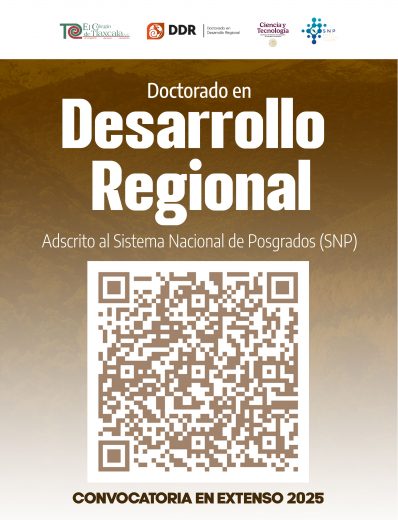
Doctorado en Desarrollo Regional
Laura Gutiérrez - Mar 18, 2025Doctorado en Desarrollo Regional Perteneciente al Sistema Nacional de Posgrados (SNP) de la SECIHTI CONVOCATORIA DE INGRESO 2025 OBJETIVO GENERAL…


